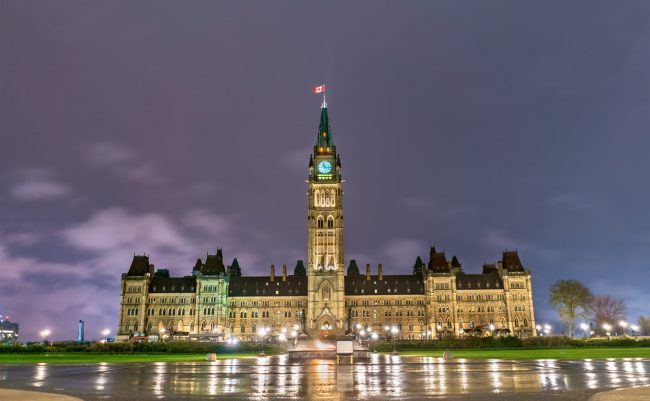Author: Soumaya Marhnouj – In the age of digital technology, it has become the norm to rely more upon online applications for access to public services and programs as internet connectivity has proliferated. In Canada, 98% of households have access to fixed broadband internet access, and more than 87% have a home Internet subscription. Furthermore, over 88% of the population have a smartphone and 45% of them check their smartphone every 30 minutes. Not only are people more interconnected than ever, but technology is increasingly relied upon in a manner that would have been unimaginable just a few decades ago. We see this technological shift in almost every aspect of life; government actors, government services, and public information should be no exception. Federal and unitary governments worldwide are embracing – and being expected to embrace – technology in the exercise of their functions. Central and subnational governments can use these technologies to fulfill primary goals in service provision, including “improving efficiency and service quality by reducing service lead times, increasing transparency, and offering seamless service provision across organizations.” This practice is known as digital government.










